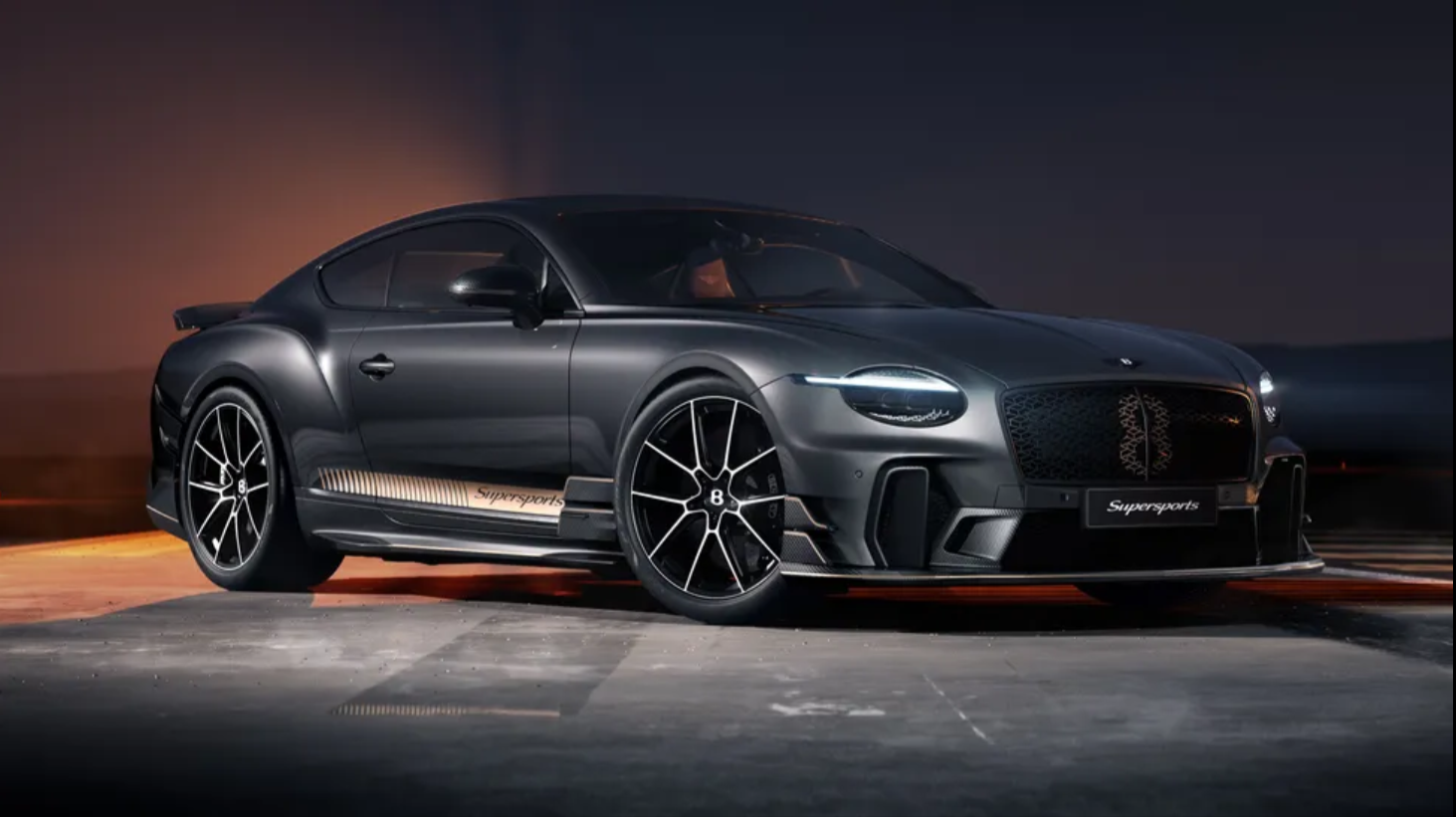The new Ford Mustang is gearing up for its official release at this year’s Detroit auto show, giving us a 7th generation of the iconic muscle car that we expect to once again be sold as a global model. In a change from its usual January dates, the Detroit auto show has been moved to September 14, much to the delight of punters and journalists that usually have to endure the freezing midwest winters at that time of year.
The new Mustang will be loosely based on the existing model’s underlying chassis, initially sharing its basic powertrain and proportions, but wrapping them up in a more contemporary design. As the teaser suggests, a V8 option with a six-speed manual will remain, but the previous four-cylinder EcoBoost and automatic models will likely follow.
What’s of less certainty is when Ford will expand on these powertrains, perhaps employing one or more of its new V6 EcoBoost units that are found in other models like the Bronco or Ranger. Hybridisation is another avenue that we know Ford is exploring, however we expect there to be some delay between the new model’s reveal and the arrival of any hybridised options.
As you’d expect, the new generation Mustang has been spied undergoing comprehensive testing, and as we can see from the prototypes, its proportions will not deviate far from the current generation model. The new Mustang will run on a modified version of the current chassis, as it will need to support other new hardware elements that Ford intends on introducing in this generation.
One of those elements is expected to be all-wheel drive, a drivetrain layout that’s popular in the northern states of the USA and Canada due to their cold winters and snowy conditions. Dodge has offered a similar system on its Challenger (the Mustang’s key rival in North American markets) for years resulting in consistently high sales in colder parts of the country, a space Ford is hoping to reclaim in this new generation.
The rumoured hybrid powertrain option will also require some adaptations under the skin, but will form a bridge for potential Mustang customers to full electrification. This new technology would be used to both cut emissions and improve performance in one go, but there’s no indication, yet, of the layout that Ford intends to use.
One option could be Ford’s hybrid powertrain available in the US-market Explorer, which combines a 3-litre Ecoboost V6 engine with an electric motor and 13.6kWh battery pack. This system creates a combined 457bhp and 825Nm of torque, figures equal to and far above (in terms of torque) the current Mustang GT.
Given the previous model’s success, we suspect the design and detailing won't deviate far from where it is now, with advances in LED lighting technology giving designers the chance to slim down the lighting and create an even more aggressive face.
The good news is that we don’t have to wait long to see the car in full, but how long it takes Ford to homologate and send us right-hand drive examples is the more pertinent question – let's hope it reaches us before emissions regulations in the UK tighten their grip.
Source








.jpg)


.jpeg)

.jpeg)
.jpeg)

